PDF chapter test TRY NOW
We know plastics are non-biodegradable solid waste which ends up in the trash. These wastes can be from homes, schools, hospitals and stores etc.
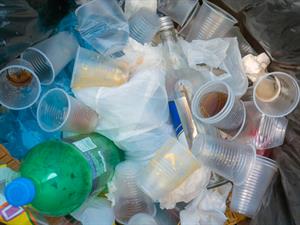
Non-biodegradable solid waste
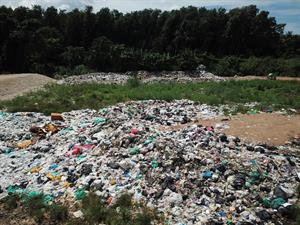
Open dumps
Prevention of solid waste can be done by the use of eco-friendly and refusing plastic items.
The solid waste is reduced by combustion and open dumps, which reduces the volume of wastes. But, in combustion, the smoke released contains harmful chemicals, whereas, in open dumps, it serves as a breeding ground for rats and flies, due to which landfill was adopted.
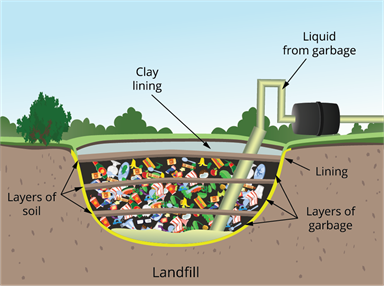
Landfill
The landfill starts with a liner made of clay or synthetic material, or both. When there is liquid formation in waste, this liner prevents it from entering into the ground and polluting the groundwater resources. There are pipelines that allows the ventilation for the gases formed.
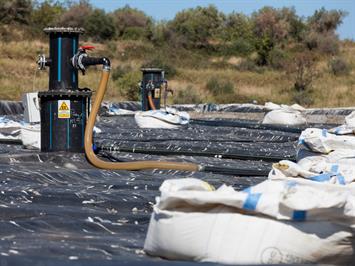
Municipal landfill- Methane gas production plant
The naturally emerging gas from waste is mostly methane which is highly flammable, so continuous landfill monitoring is a must. This also can be collected and can be used for the production of heat, vehicle fuel etc.
How landfill works
In landfill decomposing, which refer to breaking down and biodegrading, it means breaking down via biological action takes place slowly. The landfill is designed so that the waste is not exposed to oxygen and sunlight, which helps the waste from decomposing.
Glass takes more time to degrade than plastics in a landfill. Plastics generally takes \(10\) to \(100\) years to degrade in landfills. So, it is better to throw waste into a landfill than to litter it.
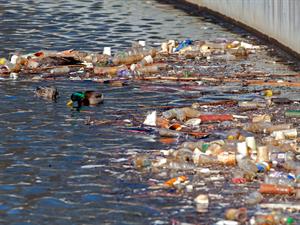
Plastic pollution
Plastics make up \(7\%\) to \(13\%\) of waste that is sent to landfills on a global scale. Plastics in landfills can still lead to pollution of the air, soil and groundwater.
Over time landfills can degrade, and the toxic chemicals in certain plastics can leak out into the environment.
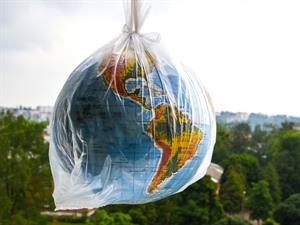
Usage of plastics
Degradable plastics are made from petroleum oil or gas, which is the same as conventional plastics. The difference is that degradable plastics have a chemical or additive added to them to break down faster than conventional plastics when exposed to sunlight, oxygen or water.
